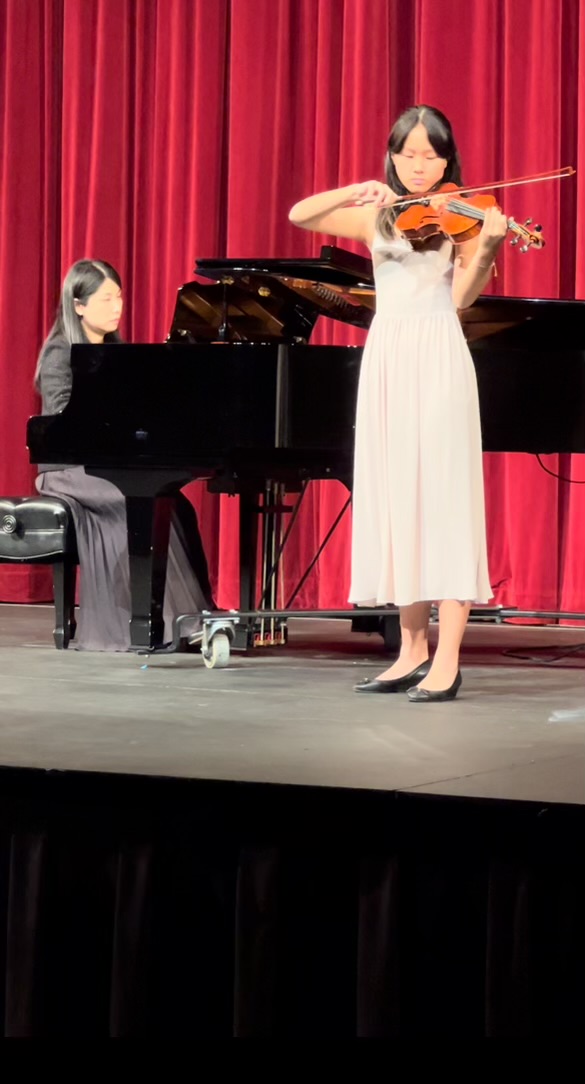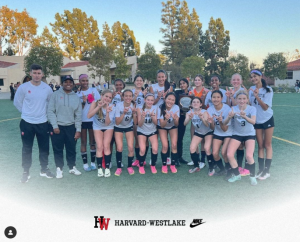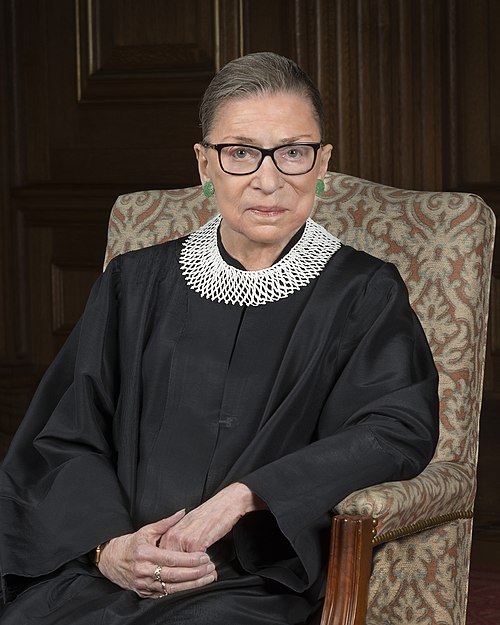It is without question that Justice Ruth Bader Ginsburg’s work has made an indelible mark on the history of the United States. Due to her unprecedented and revolutionary accomplishments, the news of her death was less of a shock than what it meant for the world. The scholar, lawyer, judge and Supreme Court justice died at 87 years old of pancreatic cancer on Sept.18, 2020. Known as “notorious RBG” for her cleverly sharp wit, legal knowledge and fierce dissents, Ginsburg was an inspiring role model for people in America and beyond.
Ever since she first became involved in gender equality in 1970, she began paving the road for women’s rights. As a Jewish mother living in the late 1900’s, she faced much discrimination and was turned down from many law careers despite her stellar work and and academic excellence. “I wanted to be a part of a general human rights agenda … [promoting] the equality of all people and the ability to be free” Ginsburg said according to the American Civil Liberties Union. Her project did just that, and the ACLU Women’s Rights Project was born in 1972 under Ginsburg’s leadership, in order to remove gender barriers and open opportunities.
She continued on the pathway to equality in her decision of Reed vs. Reed in 1971which questioned whether an Idaho Code violated the Equal Protection Clause of the Fourteenth Amendment. The court followed Ginsburg’s brief and ruled for the first time that discrimination on the basis of sex violated the equal-protection clause of the Fourteenth Amendment. This opened the door for other women and men to successfully challenge discriminatory laws under the Equal Protection Clause.
Upon the news of Ginsburg’s death, social media and news headlines were flooded with the sentiments of the people across America commemorating her legacy and far-reaching contributions to American society.
In response to Ginsburg’s death, Hillary Clinton, whose husband nominated Ginsburg to the Supreme Court in 1993, stated in a Twitter post that Justice Ginsburg “paved the way for so many women, including me. There will never be another like her. Thank you RBG.”
Supreme Court Justice Sonia Sotomayor called Ginsburg “an American hero. She spent her life fighting for the equality of all people, and she was a pathbreaking champion of women’s rights. She served our Court and country with consummate dedication, tirelessness, and passion for justice. She has left a legacy few could rival” in her tribute.
Laura Orlie, an attorney in New York, voiced how Ginsburg impacted her own life and rights. According to CNN, “My life as I know it would not be possible without the contributions RBG made to our country. I am a female attorney. I am also a gay woman,” Orlie said. “RBG has given my generation the framework to continue the pursuit of an equal society, no matter gender, national origin, sexual orientation, or religious beliefs. I mourn her loss deeply, and am thankful for her legacy.”
Harvard-Westlake history teacher Matt Cutler shared a similar sentiment. “I think it’s extraordinary that she clearly had this huge impact on the Supreme Court, [and] on the public life of the United States of America,” he said. “She championed many issues that she believed very strongly on, that impacted the lives of women as well as women’s issues.”
“It was always fascinating to me that she came into my recollection by becoming a role model for young girls. I speak of this as a father; you know, you see girls dressing up as her for Halloween, or costume parties with her distinctive lace collar and she’s become such a pop icon in the media, with the term ‘notorious RBG.’ ” said Cutler. “ I was fascinated to see someone that in some ways, came across as quite diminutive, and towards the end of her life, quite frail, who had this real, colossal impact on American lives.”
Ginsburg also served as an inspiration to many Jewish Americans since she constantly battled criticism due to her religion. “She saw being a Jew as having a place in society in which you’re always reminded you are an outsider, even when she, as a Supreme Court justice, was the ultimate insider,” said Jane Eisner from an article in the Washington Post. “That memory of it — even if it’s more from the past — informed what she thought society should be doing to protect other minorities.”
Throughout the course of her long career as an attorney, advocate and Supreme Court Justice, Ginsburg fought for gender equality and worked to ensure that all Americans are treated with equal justice under the law. While the trailblazer, societal icon, and the second woman ever appointed to the Supreme Court has passed, her legacy still continues. Rest In Power.











